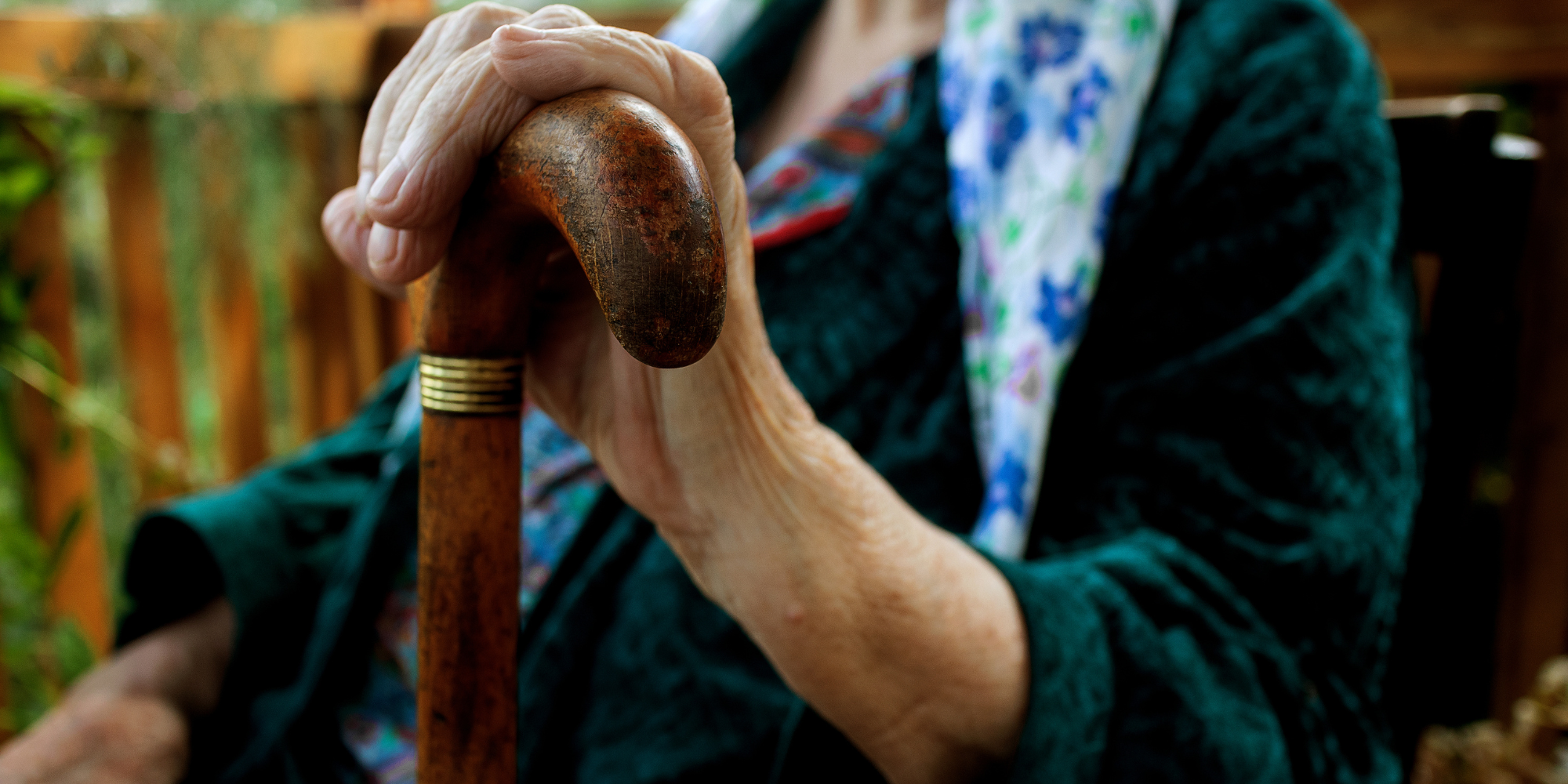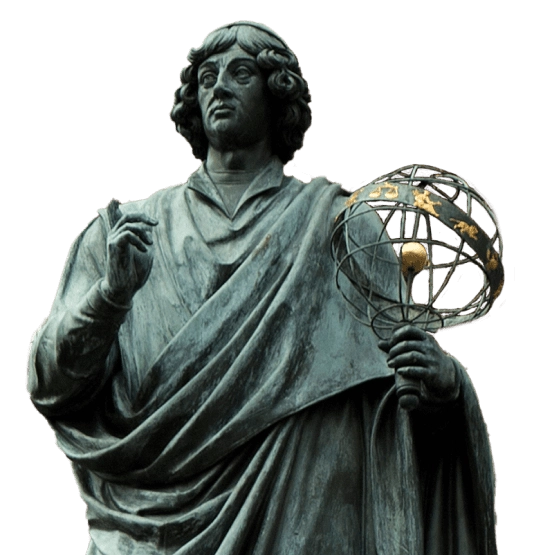Groundbreaking research by a team from Korea University of Medicine, led by Prof. Ok Hee Jeon, sheds new light on how aging signals spread throughout the body. The results, published in the prestigious journal Metabolism, indicate that the ReHMGB1 protein, a specific reduced form of the HMGB1 protein, plays a key role in this process.
Over time, some cells stop dividing but do not die – they remain in a state of senescence. These “zombie cells” secrete inflammatory factors that can destabilize the functioning of surrounding tissues. Scientists have discovered that ReHMGB1, released into the bloodstream, acts as a molecular messenger that transmits aging signals to healthy cells in distant parts of the body.
This protein binds to RAGE receptors on the surface of healthy cells, activating the JAK/STAT and NF-κB signaling pathways. In response, the cells stop their division cycle and begin to secrete their own aging factors, leading to an “aging cascade” effect and systemic deterioration of tissue function.
The theory has been confirmed in both mouse studies and human blood sample analyses. Animals exposed to ReHMGB1 showed numerous markers of aging, and in older humans, blood levels of this protein were significantly elevated.
This discovery opens up new possibilities for medicine – potential therapies that inhibit ReHMGB1 or block its interaction with cells may in the future slow down the aging process and prevent the development of age-related diseases. However, the research team points out that further advanced research will be necessary before these discoveries can be applied clinically.
Source: Rmf24










